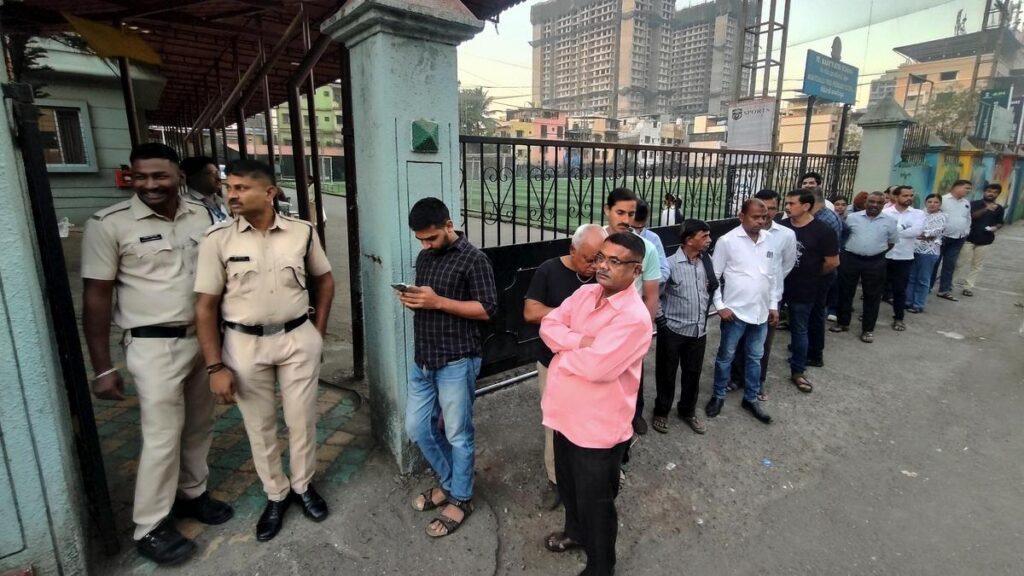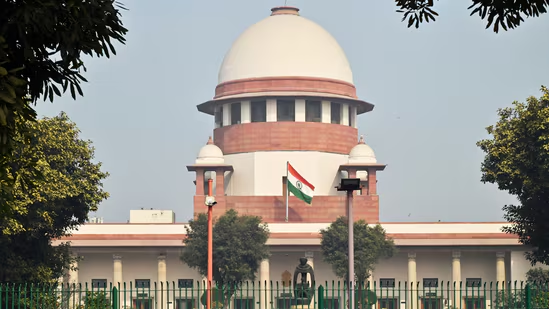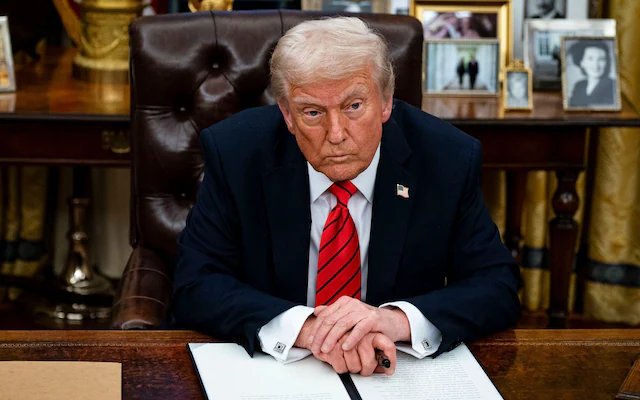Now Reading: Hindi Imposition Row Escalates in Maharashtra: BJP Says It Will “Take Truth to the People”
-
01
Hindi Imposition Row Escalates in Maharashtra: BJP Says It Will “Take Truth to the People”
Hindi Imposition Row Escalates in Maharashtra: BJP Says It Will “Take Truth to the People”

The ongoing debate over Hindi usage in Maharashtra’s administrative and public spaces has intensified, with the BJP making it clear that it won’t retreat from its stand. Amid growing opposition from regional parties and civil society groups, the BJP has doubled down, stating that it will reach out to the public directly to clarify its position on the language row.
What Sparked the Debate?
Tensions flared after remarks about increasing the use of Hindi in government communication and public platforms were perceived by some as attempts to sideline Marathi. Opposition parties and cultural groups strongly criticized these moves, calling them an imposition on Maharashtra’s linguistic identity.
Protests and public statements across cities like Pune, Nashik, and Nagpur have amplified the debate, with many asserting that Marathi must remain the primary language of governance in the state.
BJP’s Response: “We Are Not Stepping Back”
Senior BJP leaders have clarified that there is no intent to disrespect Marathi or reduce its importance. Instead, they claim the use of Hindi is meant to promote national unity and facilitate communication for non-Marathi speakers in urban centres like Mumbai and Thane.
The party has announced it will conduct outreach campaigns to explain its position to the public. BJP leaders believe the controversy is being politicised and misinterpreted to stoke regional sentiments ahead of upcoming elections.
Opposition Pushes Back
Parties like Shiv Sena (UBT), NCP (SP), and Congress have accused the BJP of trying to alter the cultural identity of Maharashtra. They argue that decisions regarding language policy must be taken with consensus and in line with local sentiment.
Many have pointed out that while multilingualism is important, forcing a shift in linguistic practices — especially in a state with a strong linguistic pride — may deepen regional divides.
Public Reaction Across Tier 2 Cities
In Tier 2 cities like Aurangabad, Solapur, and Kolhapur, public opinion appears divided. While some residents agree with the idea of promoting Hindi as a common link language, others see it as unnecessary interference in their everyday cultural expression.
Local businesses, educational institutions, and civic bodies are also awaiting clearer policy directives as confusion persists around implementation on the ground.
Conclusion
The language debate in Maharashtra goes beyond politics — it touches upon identity, inclusion, and the balance between regional pride and national cohesion. As BJP plans to “take the truth to the people,” the coming weeks will be crucial in determining whether dialogue prevails or the divide deepens. For now, the battle over words remains firmly in the public eye.

























